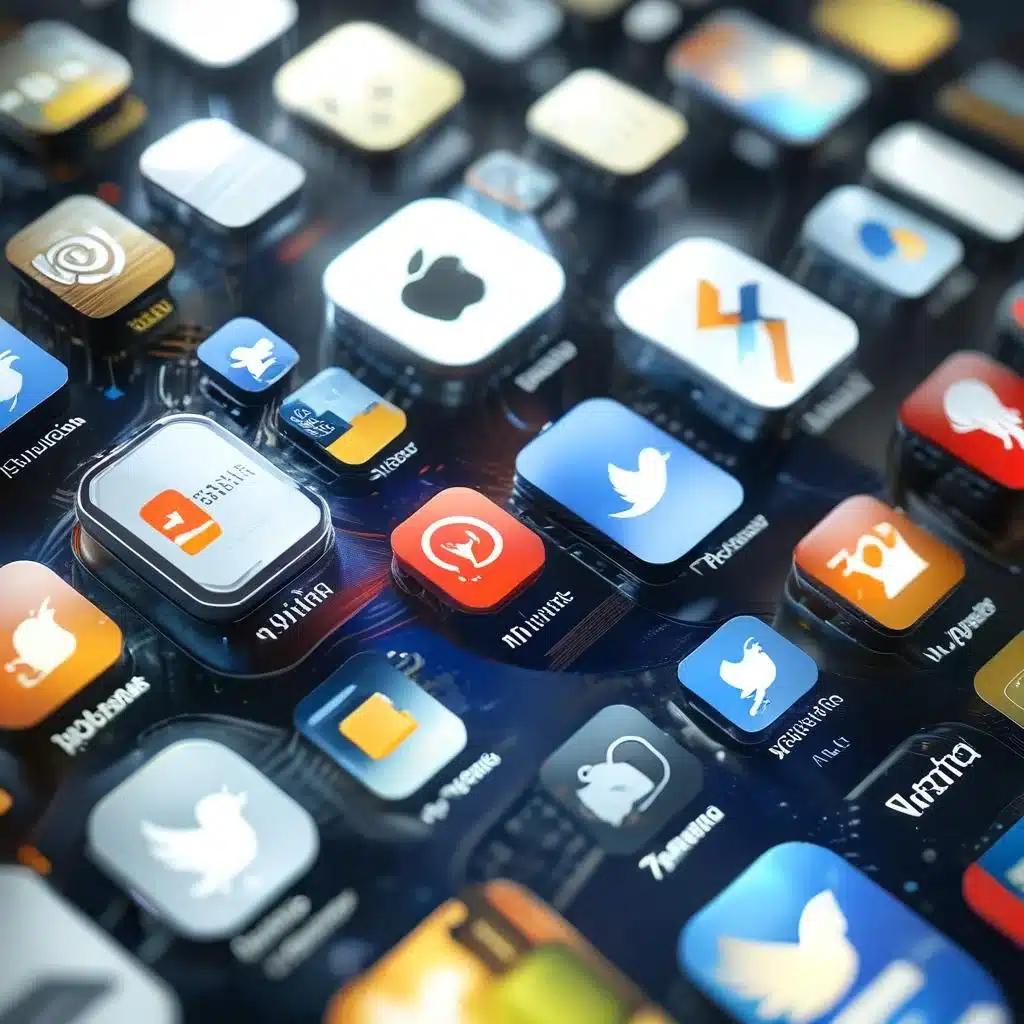The digital era has brought a revolutionary change in many sectors, and it has significantly affected the global social and cultural environment. The core of this evolution are digital platforms, which are the pillar of this dynamic change, influencing the way societies communicate, learn, and relate. The impact of these platforms can be recognized in many spheres, from the online entertainment areas that unite classic and modern gaming, exemplified by brands like Rizk casino online, to the fields of public service, seen in Estonia’s e-Residency program, for instance. By means of these platforms, the walls to cultural knowledge, education, and necessary public services are not only being diminished, but also in most cases eliminated, thus leading to a world that is more connected, informed and united.
Enhanced Cultural Education and Accessibility
Education has received a lot of benefits from digital platforms. Khan Academy and Coursera are two examples of platforms that enable people to learn new skills for free or at a low cost, provided they only have access to the internet. These platforms have increased access to learning, thereby making education more inclusive.
In the field of language learning, Duolingo and Babbel have revolutionized the process of learning new languages. Through the use of sophisticated algorithms and individual learning tracks, these platforms adjust to the learner’s speed and style, which makes language learning more accessible and efficient than ever.
Another outstanding example is the Google Arts&Culture platform, which partners with more than 2,000 institutions from around 80 countries to offer high-resolution images of artworks, and comprehensive historical information about cultural objects. This measure does not only democratize cultural education but also promotes a deeper perception of the diversity and richness of cultures in the world.
Public Services in the Era of Digital Innovation
Public services are being accessed in a different way thanks to digital platforms. Governments across the globe are now using technology to offer online services such as filing taxes, making appointments, and accessing health records.
In Singapore, for instance, e-Government initiatives enable a person with one online identity to go to a doctor or manage their finances. The National Health Service (NHS) of the UK is another great example, with an app that allows people to book doctor’s appointments, order medicines, and view their health records, all in one place.
The technology that has been utilized in the public transport systems in major cities across the world has also made a huge difference. For instance, in Chicago, The Chicago Transit Authority (CTA) has launched a mobile payment system for public transportation, which is known as Ventra.
The Ever-evolving Landscape
The trajectory of digital platforms into the texture of our global society is on an unparalleled path, driven by the advances in such technologies as artificial intelligence, blockchain, and virtual reality. For example, AI-powered recommendation systems of platforms such as Spotify and Netflix are already presenting personalized media experiences which reflect the individual’s taste spanning across cultures and genres. Such a future-oriented approach points to a world in which cultural institutions and public services continue to be flexible and innovative, being able to adapt to the changing needs of a digitally connected population.


